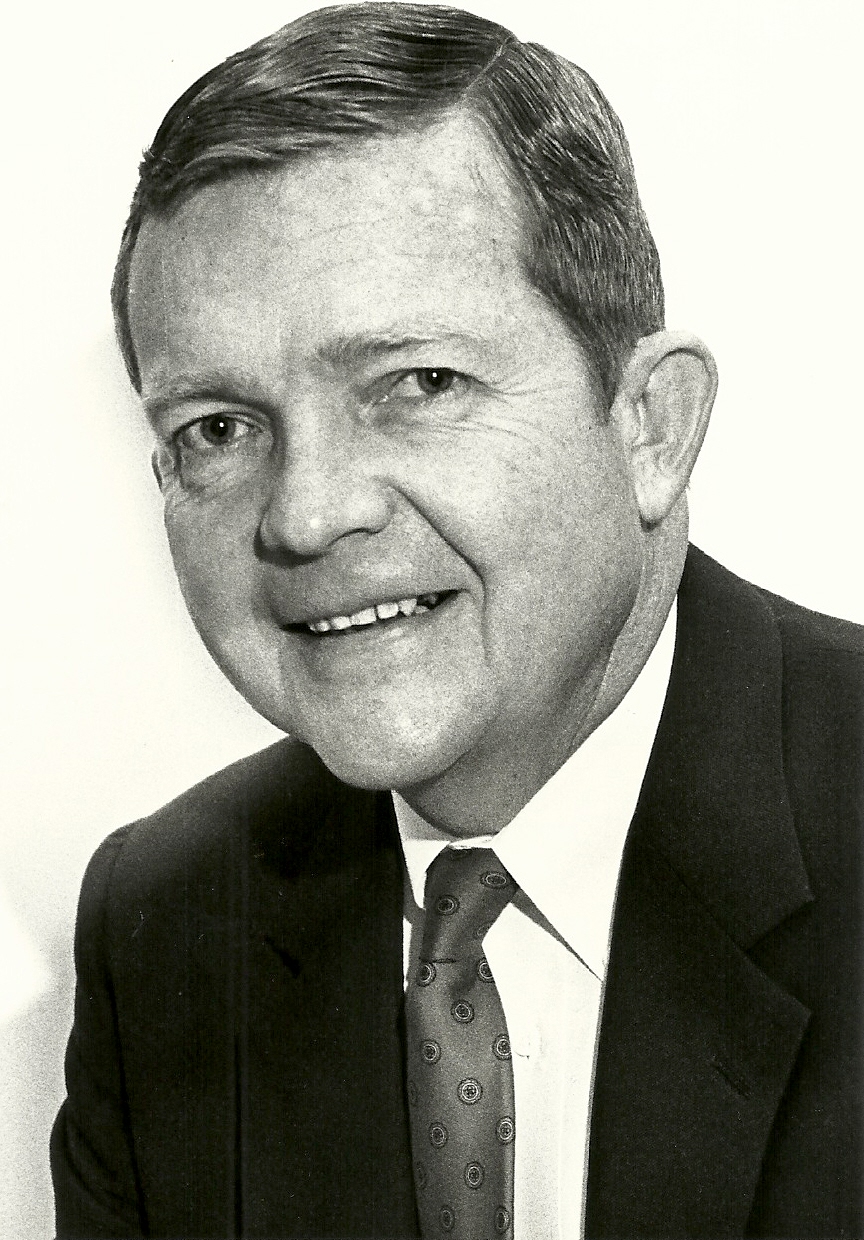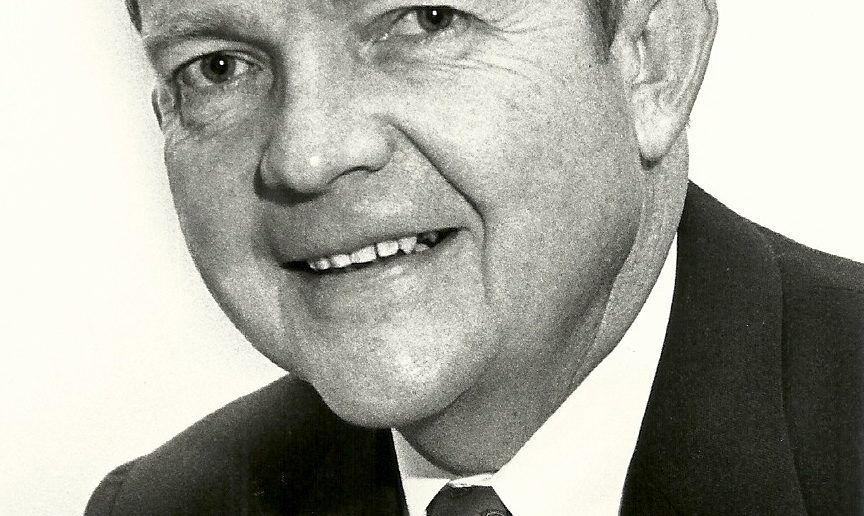35 Years of Hope: Tom Owens – Honoree, Sr. Connie Philanthropy Award
Entrepreneur and philanthropist Tom Owens is the founder of Cara Chicago, a nonprofit workforce development agency and social enterprise that helps people affected by poverty get and keep quality jobs. Since its inception in 1991, Cara has helped more than 6,000 women and men find employment, hope and self-esteem for themselves and their families.

Before founding Cara, Tom was an IBM executive for 20 years and started XL/Datacomp, which provided products and services for the IBM midrange computer line, eventually reaching annual revenues of $500 million. Adhering to the call that to whom much is given, much is expected, Tom retired from his business to focus on helping those less fortunate.
“There were some 150 shelters and programs in Chicago that dealt with terribly impoverished people, and many of them had their own jobs programs, but they featured jobs that really didn’t have any type of staying power, and consequently the recidivism rate back into the shelters was very high,” Tom recalls. “My dream was that I would create a professional jobs program that all the shelters could utilize, cost free.”
Tom realized that he could use his contacts in the business world to help provide good jobs with companies whose CEOs were vested in the process. He joined up with the late John Donahue, a former priest who headed up the Chicago Coalition for the Homeless. John felt strongly, Tom says, about concentrating their efforts on women with children in shelters. “He convinced me if we got them jobs and support, we’d have success. He was right on a narrower margin than we would have liked. The individuals who were successful were overwhelmingly successful and convinced us there was gold in them thar hills. Many, however, succumbed to the forces of poverty and hardship and generational issues.”
As Tom explained, “Sometimes a person would get a job and in 30-60-90 days end up back where they were or even worse. They were successful because they got a job, but they would lose it, get demoralized and sink to a further level. They would think that they were self-sufficient and that they had it made, and then they relax and lose their grip on what they are doing. That was a big problem.”
Tom says that Cara’s greatest success story was a resident of St. Martin de Porres House of Hope. “She had seven kids,” Tom recalls. “She was in desperate straits.” Through Cara, the woman was placed in a position with Cook County. “In no time flat, she had two or three promotions and she was the darling of the office.”
Tom says that St. Martin de Porres House of Hope has a “phenomenal” success rate with residents they recommended to the Cara program. “If she came from St. Martin de Porres House of Hope, that person was always ready. St. Martin’s pays attention to whether or not the person is ready, and has a lot of resources in terms of taking care of the kids, sobriety, and the ability to adapt the rigors of something as tough as the Cara program.
“It takes a lot of inner strength and preparation time” to succeed with Cara, Tom says. “The barriers that people who have been through, and all this adversity that they have to overcome are so overwhelming. These are battle-hardened folks.”

